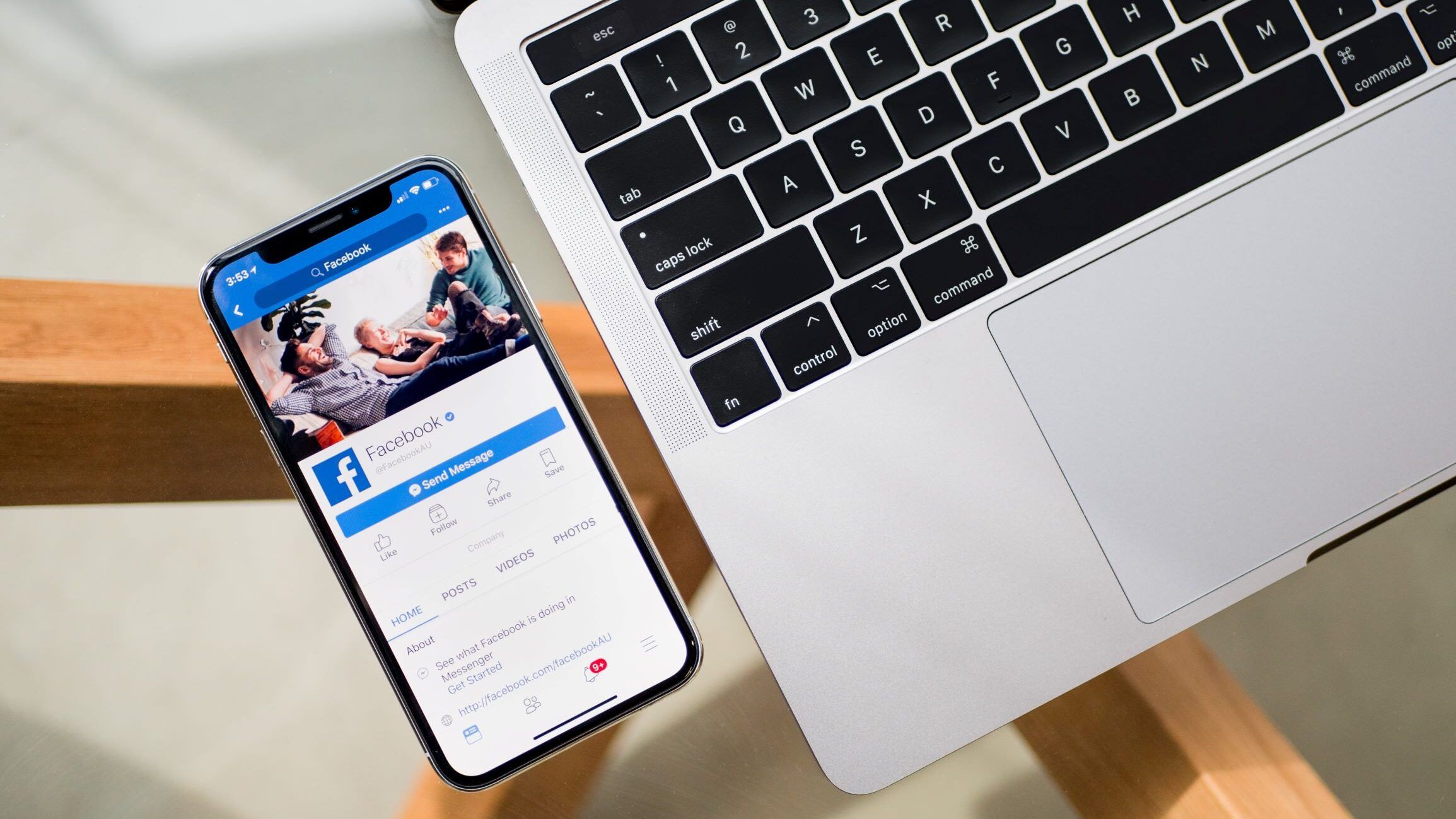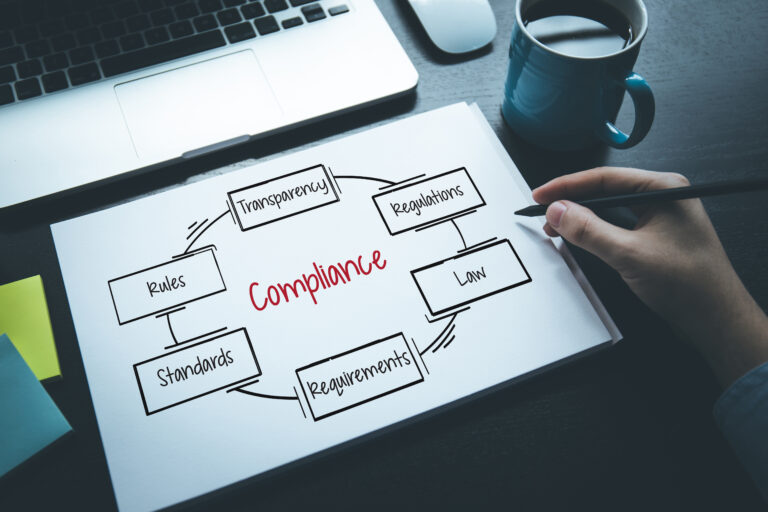
Massive technology companies are under more scrutiny than ever from lawmakers and the public. Google is embroiled in multiple antitrust lawsuits. Apple amended its commissions policy for smaller developers in its App Store, in what appeared to be a response to a Supreme Court-approved antitrust case that has endured for years. And Facebook – amid criticism for their hands-off approach to misinformation, perceived free speed arbitration, and allegations of sowing division for profit – has plenty of antitrust cases of its own to handle, including two by the Federal Trade Commission (FTC) and 48 states and US territories.
For all the legal and regulatory issues facing Big Tech, Facebook received some respite this summer. A federal judge tossed out the lawsuits brought by the FTC and over 40 states on June 28, ruling that prosecutors “had failed to provide enough facts to back up that claim.” While the FTC can refile the case within 30 days, it nonetheless represents a blow to its immediate efforts to prove Facebook is a monopoly.
Details of the Cases
The FTC lawsuit alleged Facebook “is illegally maintaining its personal social networking monopoly through a years-long course of anticompetitive conduct,” citing its purchases of Instagram and WhatsApp. New York Attorney General Letitia James and several states attorneys laid the groundwork in 2019 when they opened an investigation into the social media giant, alleging that “that Facebook may have put consumer data at risk, reduced the quality of consumers’ choices, and increased the price of advertising,” said James.
Facebook maintained that the transactions – both of which were approved by federal regulators – were not anticompetitive. Instead, they were opportunities to provide “a great benefit to our Facebook users.” The company maintained that its purchase of and investment in the two companies was intrinsic to Instagram and WhatsApp’s ongoing success, allowing them to reach levels that may not have been possible independently.
The Ruling
Judge James Boasberg of the US District Court for the District of Columbia wrote that while “the Court does not agree with all of Facebook’s contentions here, it ultimately concurs that the agency’s Complaint is legally insufficient and must therefore be dismissed.” The FTC did not give enough evidence to support its claims, wrote Boasberg, and “failed to plead enough facts to plausibly establish a necessary element of all of its Section 2 claims – namely, that Facebook has monopoly power in the market for Personal Social Networking (PSN) Services.”
Among Boasberg’s other assertions was that “the attorneys general had waited too long to challenge Facebook’s purchases of Instagram in 2012 and WhatsApp in 2014.” “The Court is aware of no case, and Plaintiffs provide none, where such a long delay in seeking such a consequential remedy has been countenanced in a case brought by a plaintiff other than the federal government,” affirmed Boasberg in his decision.
Where Does Facebook and Legal Action Go From Here?
While they are far from out of the woods, representatives from Facebook expressed pleasure with the temporary reprieve. “We are pleased that today’s decisions recognize the defects in the government complaints filed against Facebook,” said Facebook spokesperson Christopher Sgro. “We compete fairly every day to earn people’s time and attention and will continue to deliver great products for the people and businesses that use our services.” Wall Street responded in kind, with share prices rising “more than 4% after the ruling… put[ting] Facebook’s market capitalization over $1 trillion for the first time.”
Lawmakers on both sides of the aisle have begun to turn their attention to antitrust law itself. Courts have “narrowed interpretations of antitrust laws over the years, making government cases difficult to win,” and politicians have moved to act, recently advancing “six bills that would overhaul antitrust laws, with the goal of loosening the influence that the big companies have over wide swaths of the economy.” Representative Ken Buck (Republican, Colorado), an advocate for and co-sponsor of “legislation to make it easier for the FTC and the Justice Department to break up Facebook, Google, Apple and Amazon,” said the ruling was more evidence “that antitrust reform is urgently needed.”
Until the advent of new legislation, an FTC refiling, or both, the ruling remains a major rebuke to the FTC and 48 attorneys general. An FTC spokesperson confirmed it is “closely reviewing the opinion” as it decides its next course of action; Letitia James’ office echoed the sentiment. But former FTC chairman William Kovacic told the New York Times the ruling “really stings.” “This is a reminder to those who have wanted a dramatic, sweeping litigation campaign to take on Big Tech that there’s nothing easy about it, because the courts have a different view of the antitrust system,” said Kovacic. Antitrust cases – already difficult to prove and almost uniformly long-running – have never been easy. Without fundamental changes to antitrust law that encompass the digital age, it appears that the status quo will remain intact, public outcry be damned.







